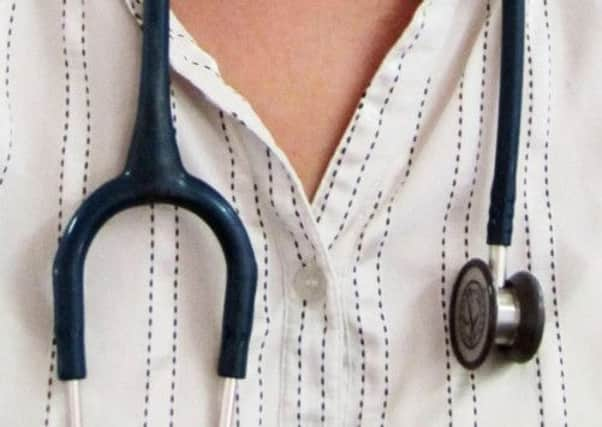Surgeons allowed to opt out of league tables


The tables – central to Government plans for an open NHS – are aimed at showing patients how well surgical teams across England perform. But doctors could be able to refuse to disclose the details under data protection laws following legal advice.
The Royal College of Surgeons confirmed doctors would need to consent to the figures being published, but said early feedback suggested few would opt out.
Advertisement
Hide AdAdvertisement
Hide AdA spokesman said: “All consultant surgeons performing procedures which are the subject of the national clinical audits in England have been asked to consent to having their data published and we are encouraging them to do so.
“We see this as a watershed moment for the profession and strongly urge surgeons to take part in this important initiative.
“Surgeons will not be in a position to ‘hide’ any of their data. All consultants are subject to the investigation processes for their specialist society regardless of whether they choose not to consent to being individually identified. Each audit has a published process for acting on and escalating concerns.”
Plans for how the league tables will work are still being finalised, although they are intended to drive up standards and offer patients greater transparency.
Advertisement
Hide AdAdvertisement
Hide AdAn NHS England spokesman said there was a lot of support for the tables among consultants, with around 96 per cent of respondents opting in.
“We urge all consultants to think very carefully about the effect on their patients and their colleagues if they choose to opt out on the basis of legislation designed to protect personal data,” the spokesman said.
“The publication of consultant-level data for 10 surgical specialties heralds a new level of openness, but there is some way to go before the NHS is as transparent as it should be.”
A Department of Health spokesman said if there were any legal grounds for surgeons not participating, patients would be entitled to ask why and might prefer their operation to be carried out by someone “prepared to be fully transparent”.
Advertisement
Hide AdAdvertisement
Hide AdNiall Dickson, chief executive of the General Medical Council (GMC), said: “We expect doctors to put their patients first. We would encourage all doctors to be as open and public as possible with information about the care they provide.”
Meanwhile one junior doctor in 20 is concerned about patient safety where they were training, a poll suggests.
The GMC’s annual training survey of more than 52,000 training doctors in the UK found that a fifth described hospital handover arrangements before or after night duty as “informal” – even though quality handovers in hospitals are important for continuity of care. It found 5.5 per cent said they were supervised by someone who they felt was “not competent” to do so.
Mike Durkin, director of patient safety at NHS England, said: “All patient safety concerns should be fully investigated, and it is very encouraging that 95 per cent of junior doctors reported they had no concerns. Junior doctors are great at spotting any issues that might need to be tackled, as they work on a range of placements, and have a fresh perspective on each, so they should always feel comfortable to speak up.”